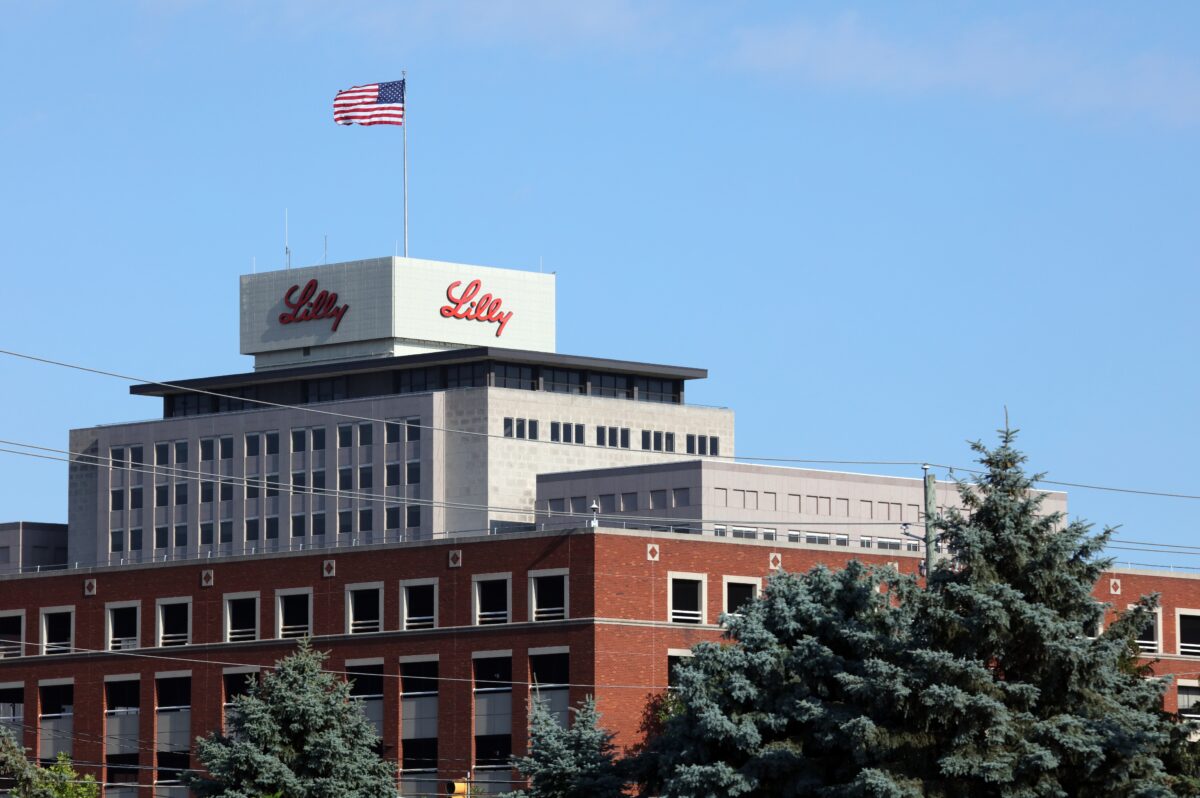With the wild success of glucagon-like peptide-1 (GLP-1) drugs, Amylyx Pharmaceuticals is looking to explore the field as it has bought out avexitide, a Phase III ready GLP-1 receptor antagonist, for $35 million in an auction last month from bankrupt Eiger BioPharmaceuticals. The company is planning to pursue it for two rare metabolic disorders.
Avexitide has been studied for the potential treatment of hyperinsulinemic hypoglycemia in conditions including post-bariatric hypoglycemia (PBH) and congenital hyperinsulinism (HI). The drug has been evaluated in five clinical trials for PBH.
PBH is a complication of bariatric surgery marked by progressively low blood sugar levels after eating, which can lead to dizziness, loss of consciousness, slurred speech or heart palpitations.
Congenital HI is a genetic disorder that causes excessive insulin production by the pancreas, which lowers plasma or blood sugar.
XTALKS WEBINAR: Global Evolution of Real-World Data and Real-World Evidence in Regulatory Approval and Health Technology Assessments
Live and On-Demand: Thursday, August 29, 2024, at 11am EDT (4pm BST/UK)
Register for this free webinar to learn how real-world data (RWD)/real-world evidence (RWE) support regulatory submissions such as new drug applications and label expansions, contribute to post-market safety surveillance and more.
Avexitide differs from the current lot of GLP-1s on the market, which are agonists of the GLP-1 receptor. Agonist engagement of the receptor is involved in insulin and glucose regulation, and hence has therapeutic implications for diseases like diabetes and obesity.
In contrast, avexitide is an antagonist of the receptor that is implicated in addressing diseases like PBH and HI that are associated with high levels of insulin or low glucose. The drug is formulated to bind to the GLP-1 receptor on pancreatic islet beta cells, blocking the effects of excess GLP-1. This action helps mitigate hypoglycemia by reducing insulin secretion and stabilizing glucose levels.
Amylyx CEOs Justin Klee and Josh Cohen have been on the lookout for new assets after pulling amyotrophic lateral sclerosis (ALS) drug Relyvrio from the market in April after disappointing confirmatory trial results.
Related: The Road Ahead for Former ALS Hopeful Relyvrio ft. Amylyx’s Joshua Cohen and Justin Klee
Avexitide received US Food and Drug Administration (FDA) Breakthrough Therapy Designation for both indications, Rare Pediatric Disease Designation in congenital HI and Orphan Drug Designation for the treatment of hyperinsulinemic hypoglycemia (which includes PBH and congenital HI).
Amylyx said it expects to begin the Phase III program for avexitide in PBH in the first quarter of 2025.
The company also said it is “actively engaging in discussions with the broader congenital HI community, including experts in the field, to develop a path forward based on promising Phase II study results conducted at Children’s Hospital of Philadelphia.”
Avexitide will join Amylyx’s current pipeline, which includes AMX0035 (Relyvrio) for the treatment of Wolfram syndrome, AMX0035 for progressive supranuclear palsy and AMX0114, the company’s antisense oligonucleotide targeting calpain-2 for ALS. Cohen and Klee discussed the company’s developing pipeline on the Xtalks Life Science Industry Podcast recently, emphasizing the company’s continuing commitment to developing treatments with significant unmet needs.
If you want your company to be featured on Xtalks.com, please email [email protected].












Join or login to leave a comment
JOIN LOGIN